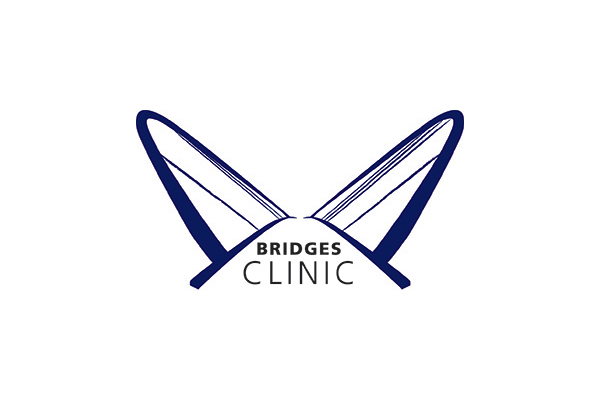The four muscles and tendons that anchor your arm to your shoulder blade are known as the rotator cuff. Injuries that affect the rotator cuff include impingement or tearing.
The shoulders of patients who have rotator cuff surgery are generally more mobile and less painful.
Can I avoid surgery?
Yes, unless there is a large tear when an operation might be the only option, you might consider alternatives such as:
- Physiotherapy, to help restore shoulder function in patients with impingement or a small tear
- Painkillers or anti-inflammatories (Paracetamol and Ibuprofen)
- Injections of steroids and local anaesthetic to reduce pain.
What is involved in the surgery?
Surgery takes three quarters of an hour to an hour and the patient is anaesthetised.
The surgeon will operate on the tissue and bone using keyhole surgery (arthroscopy), in the case of impingement. Open surgery might be necessary to repair larger rotator cuff damage, when stitching into the bone secures the repair.
Possible complications from shoulder surgery
- Blood clots
- Loss of feeling due to nerve damage
- Blood loss in the area of the operation
- Lack of movement in the shoulder
- Further injury after the operation or failure to heal may mean problems in future
- Infection
- Severe pain, stiffness or even inability to use the hand or arm (known as complex regional pain syndrome)
How long will it take to recover from the operation?
You should be able to go home within 48 hours, usually the same day. Your stitches or any clips used to secure the wound will be removed in about a week. Normal activity levels will usually be possible but might take up to a year with regular exercise. Consult your GP or healthcare professional before resuming exercise after the operation.
Sometimes symptoms of shoulder damage might return or your damaged shoulder might not be as strong as before.
